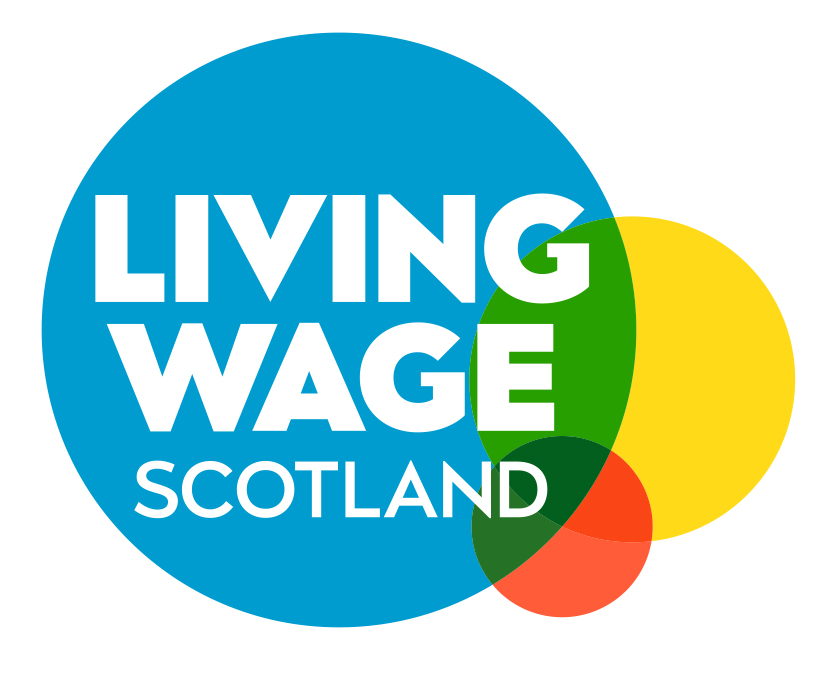By Anna Hirvonen, Living Wage Scotland
In March, a report by Carnegie Trust, UCL Centre for Longitudinal Studies and Operation Black Vote explored the connection between work, ethnicity, and mental health. It called for greater action by the UK government, mental health services and employers to tackle racial inequalities in access to good work, stable contracts, and fair pay. Since then, numerous studies have highlighted how existing racial inequalities, including significant labour market inequalities are dramatically impacting how different groups are being affected by the coronavirus. In this blog, Anna Hirvonen, Living Wage Project Assistant, explores what we know about the intersection of racial, economic and health inequalities and the implications for the Living Wage movement.
Although the ramifications of the Covid-19 virus are still unfolding, it’s clear that the health, social and economic impacts are disproportionately affecting people from black and ethnic minority (BME) groups. BME groups are also expected to experience a harsher economic fallout from this crisis due to existing inequalities.
Health impacts
In the UK, structural inequalities, such as poor housing conditions and access to healthcare, place BME groups at a significantly higher risk of severe illness from the virus. The Intensive Care National Audit and Research Centre found that out of a sample of 4,800 critically ill patients with Covid-19, one in three were from BME backgrounds. Data from the Office for National Statistics has also revealed that black men and women are twice as likely to die from coronavirus as white people in England and Wales, after taking into account age, where people live and some measures of deprivation and prior health. This pattern could be partially explained by the fact that people from BME communities are more likely to occupy key worker roles where they face greater exposure, but the substantial poverty rates among BME households will also have a significant influence on people’s health.
Economic impacts
While employment rates among BME groups have been improving over the last few years, people from BME backgrounds are still twice as likely to be unemployed than white people and they are much more likely to be in low paying occupations. The Carnegie Trust report also revealed that many millennials from BME backgrounds are working in sectors that lack job protections, including provision of sick leave and sick pay. The study showed that BME millennials are almost twice as likely to be on zero-hour contracts and have 10% greater odds of working a second job, compared to their white peers.
Impact on younger people
Young people from BME backgrounds could end up bearing the brunt of economic hardship, as the racial inequality they face is compounded by the risks associated with being young during this crisis. A recent Resolution Foundation study found that those under the age of 25 are twice as likely to work in shutdown sectors of the economy than the rest of the workforce. Overall, 2.9 million 16-24-year-olds are in the “shutdown sectors” group, which comprises notoriously low-paid work. For example, four in ten of those working in retail earn less than the real Living Wage. On top of this, young people are far less likely to be able to work from home, with only 22% of 16-24-year-olds doing so at the moment. Many young BME people will find it difficult to survive the crisis economically and will face an uncertain job-market in the future.
Recovery and valuing people
Workers across the country are shouldering huge financial and health risks as we battle the pandemic, but major differences will occur in how people from different ethnic and socioeconomic groups will be able to recover from the impact. We need to ensure we protect low-income groups and those in precarious work. A big part of this is making sure that they are valued by being paid at least the real Living Wage. Living Wage Scotland is committed to working with employers in low paid industries to promote the real Living Wage and to working with our employer network to include them in the conversations happening within the public sector and civil society about racial inequality in the labour market. Both the UK Government and the Scottish Government need to also ensure that intersectional analysis is integrated into recovery policymaking and that the ethnicity pay gap is addressed in efforts to improve access to good work.

